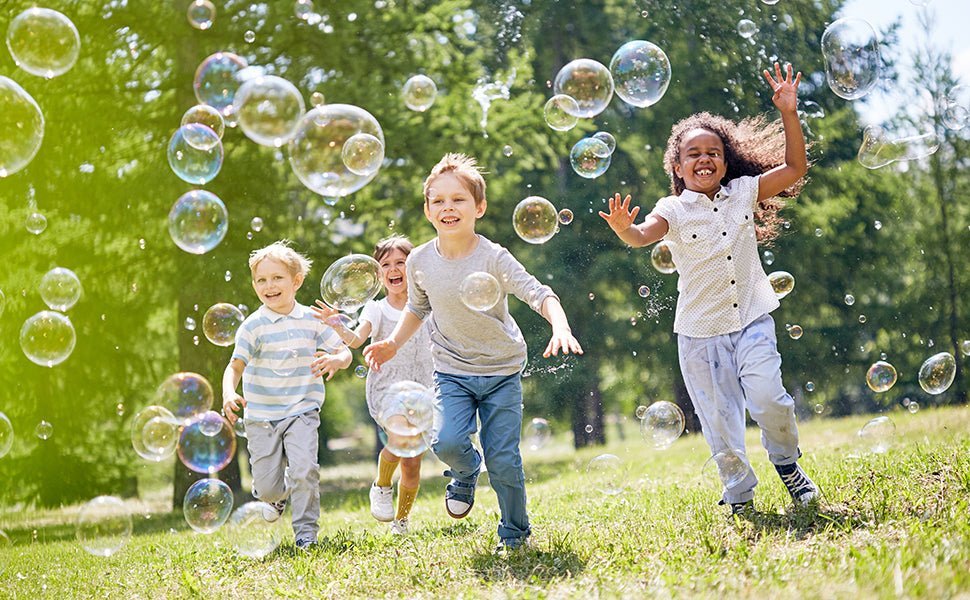In today’s digital world, children are spending more time indoors and less time exploring the natural world. But outdoor play isn’t just fun—it’s essential for a child’s physical, emotional, social, and cognitive development.
Nature is the perfect classroom for curiosity, movement, creativity, and connection. Here’s why outdoor play should be a daily part of your child’s life.
1. Supports Physical Health and Motor Skills
Running, climbing, jumping, and crawling all strengthen:
- Muscles and bones
- Balance and coordination
- Cardiovascular health
- Gross and fine motor skills
Outdoor play encourages movement in ways that indoor activities often can’t.
2. Boosts Mental and Emotional Well-Being
Nature has a calming, restorative effect. Studies show that kids who spend time outside experience:
- Lower stress and anxiety
- Improved mood and self-regulation
- Reduced symptoms of ADHD
- Better focus in school
Simply being among trees, fresh air, and sunlight supports emotional balance.
3. Encourages Creativity and Imagination
Unlike structured indoor environments, nature invites open-ended play. A stick becomes a sword, a fort, or a magic wand. Mud becomes paint. Rocks become treasure.
Outdoor play nurtures imagination, storytelling, and creative problem-solving.
4. Strengthens Social Skills
When children play outside with others, they learn:
- Cooperation
- Negotiation
- Conflict resolution
- Taking turns and teamwork
Outdoor group games also reduce feelings of isolation and foster community and friendship.
5. Teaches Risk Assessment and Confidence
Climbing trees, jumping puddles, and balancing on logs all help kids learn their limits. These “safe risks” develop:
- Courage
- Spatial awareness
- Decision-making
- Resilience
Letting kids test their abilities builds lasting self-confidence.
6. Cultivates a Love for Nature
Children who grow up playing in nature are more likely to care for it as they grow older. Outdoor play fosters environmental awareness and respect for animals, plants, and ecosystems.
Simple activities like planting a garden, collecting leaves, or observing insects can spark lifelong curiosity.
7. Reduces Screen Time Naturally
When outdoor play is part of the daily rhythm, children are less likely to rely on screens for entertainment. This supports better sleep, mood, and development overall.
8. Creates Lasting Family Memories
Whether it’s a hike, a picnic, a backyard campout, or building a snowman, outdoor adventures become cherished moments of family connection.
You don’t have to go far—a local park or nature trail is enough.
Final Thoughts: Let Them Be Wild (and Safe)
Children need freedom to explore, get messy, and experience the world with all their senses. Outdoor play is more than just recreation—it’s a key to raising healthy, happy, whole children.
In nature, kids grow roots—and wings.



